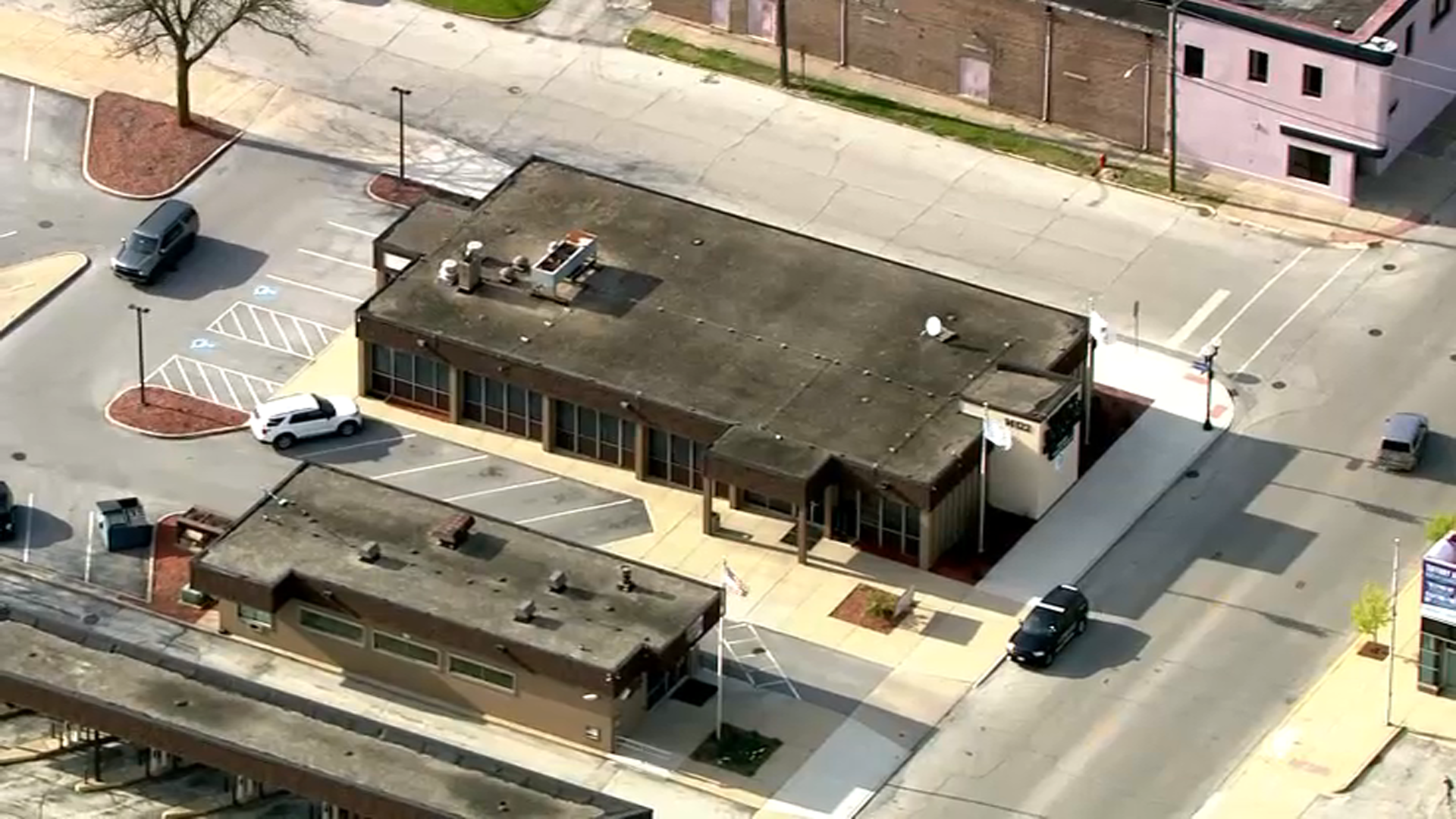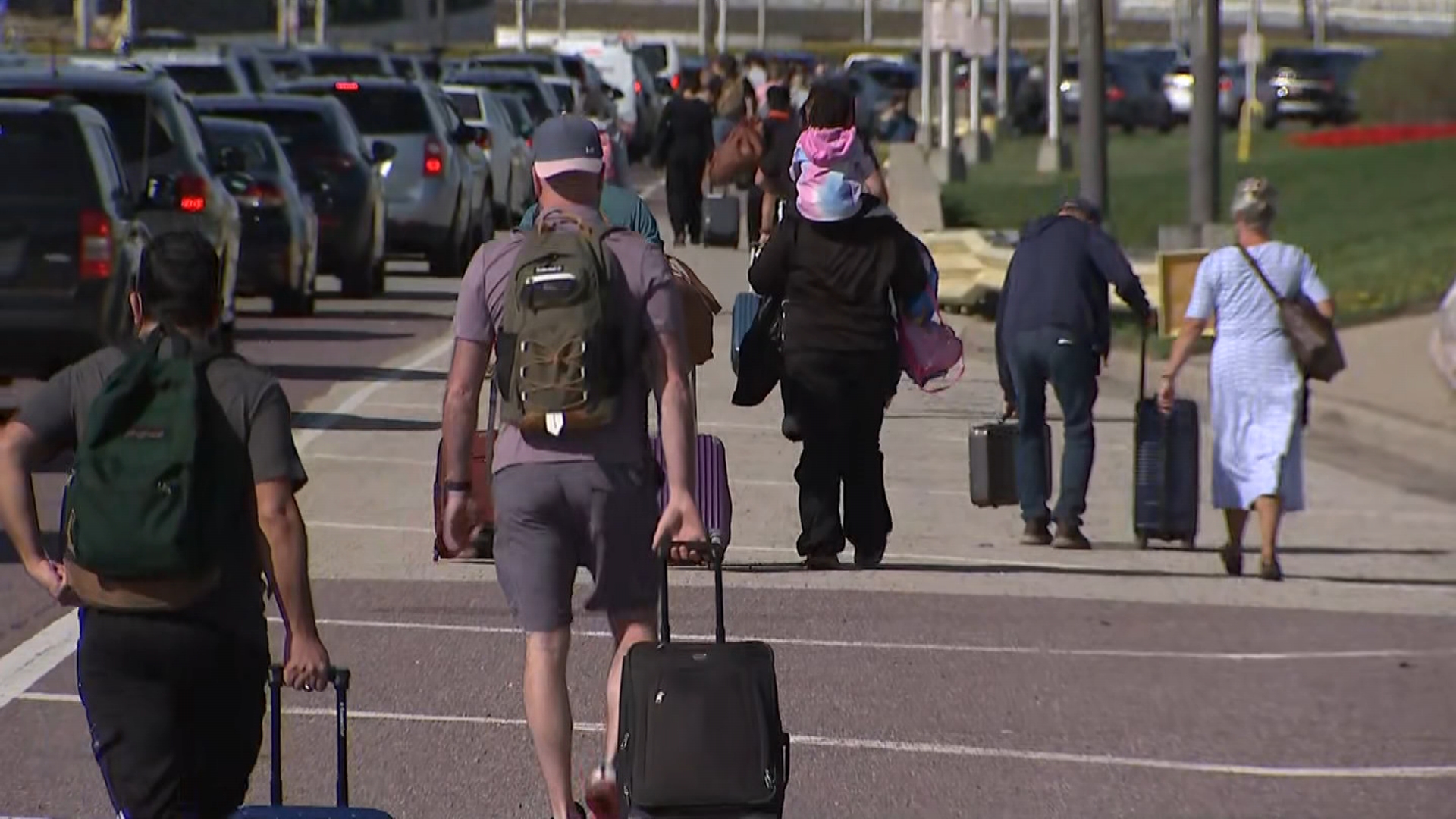The painkiller said to be behind the overdose death of pop legend Prince has been linked to nearly 200 fatal overdoses in Cook County in the last year.
The Cook County Medical Examiner's office said this year along at least 78 deaths have been attributed, at least in part, to fentanyl, a “very powerful drug” that is 100 times more potent than morphine.
Since the office began routinely testing for the drug in June of last year, it has been cited as a contributing factor to at least 102 deaths.
The medical examiner’s office has recently reported a spike in deaths attributed to the opoid and experts are concerned that new versions of the drug have appeared, making testing more challenging.
"Fentanyl and fentanyl analogues pose a great public health [risk] because people may not know they're using a very powerful drug," Dr. Peter Koin, deputy chief toxicologist for the Cook County Medical Examiner's office, said in a statement. "In addition, we're seeing new versions of fentanyl and testing for these substances is challenging because we've never seen them before. It's something brand new."
The medical examiner’s office believes the death toll will likely climb even higher as toxicology results can take up to three months to report.
"Fentanyl and fentanyl analogues are a huge concern because fentanyl is 20 to 100 times more potent than heroin, posing a much greater risk of overdose," Dr. Steven Aks, emergency medicine physician and toxicologist at John H. Stroger Jr. Hospital of Cook County, said in a statement. "In many cases, one dose of naloxone, the heroin antidote, will revive a person who has overdosed on heroin. But we are seeing people in our emergency department who need as many as four doses [of] naloxone to be stabilized after ingesting fentanyl, or a heroin-fentanyl combination."
Local
Law enforcement officials told NBC Chicago the opioid is being mixed with other drugs, mainly heroin, and being sold to unsuspecting users. According to the results so far, some who have died used the drug alone and others mixed it with heroin and other drugs like cocaine.
Last October, 74 people overdosed in 72 hours and police recovered a sample of heroin they say was laced with the painkiller fentanyl.
The medical examiner's office began routinely testing for fentanyl in June 2015 after national trends showed a spike in use. In 2014, 20 deaths were attributed to the drug.
The painkiller was thrust into the spotlight in the mid-2000s when dozens of people died from fentanyl-related overdoses.
The Drug Enforcement Administration said heroin has been the agency's number one priority for "the last several years." The agency said it has increased its outreach efforts in the Chicago area over the last year "to further help save lives."
Those seeking treatment for opioid dependence can find help through the Substance Abuse and Mental Health Services Administration's treatment locator by calling (800) 662-4357 or online.



